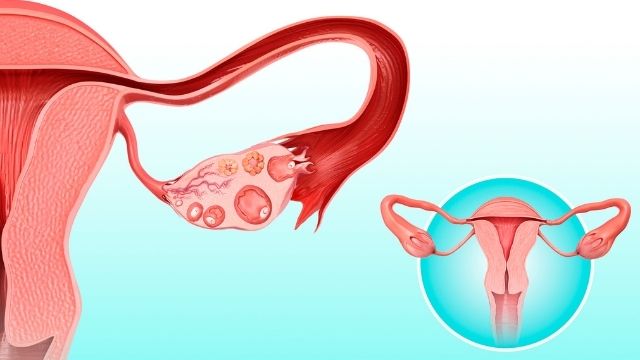Subtotal $0.00
Subscribe to out newsletter today to receive latest news administrate cost effective for tactical data.
2478 Street City Ohio 90255
Shopping cart
- HOME
- ABOUT
- TREATMENTS
- OVULATION INDUCTION
- 3D-ULTRASOUND
- CRYO PRESERVATION
- DIAGNOSTIC HYSTERO LAPAROSCOPY
- EMBRYO TRANSFER
- FERTILITY ENHANCING SURGERY
- FERTILITY PRESERVATION
- HIGH RISK PREGNANCY CARE
- IN VITRO FERTILIZATION
- INTRACYTO PLASMIC SPERM INJECTION
- MICRO TESE
- PERCUTANEOUS EPIDIDYMAL SPERM ASPIRATION
- RECURRENT PREGNANCY LOSS CLINIC
- REPRODUCTIVE GENETICS
- SEXUAL MEDICINE
- TESTICULAR SPERM EXTRACTION
- FETAL MEDICINE
- BLOG
- GALLERY
- CAREER
- CONTACT
- Phone:082810 08088
- Email:fertility@iqraahospital.in
- 2nd Floor Address Mall, Oyitty Rd, Kozhikode, Kerala


